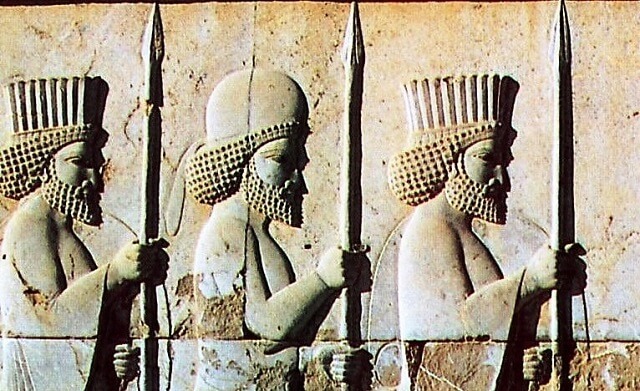
The Sages expressed mixed feelings towards the ancient Persians. Rabban Gamliel lauded them for their modesty and refined manners, while Rav Yoseph was far less complimentary, branding them as a nation “consecrated and destined for Gehinnom.” Why such harsh words for a a people renowned for their refinement and culture?
Destined for Gehinnom
When we observe a primitive people who rob and plunder, we attribute their actions to their savage and uncultured nature. However, when dealing with a civilized nation, we expect them to recognize the value of just and equitable dealings. When a highly-developed society is gripped by a belligerent spirit of conquest and oppression, like the ancient Persians who subjugated the Jewish communities under their control, then they are destined to be judged harshly by the Eternal Judge.
The expression “consecrated and destined for Gehinnom” indicates that this judgment is not due to a primitive nature, but rather the result of a willful choice. The cultured Persians should have chosen the path of goodness, but instead opted for the path of violence and subjugation.
Forgetting God
This idea may also be heard in King David’s call for God’s justice against evil nations:
“The Eternal has made Himself known, executing judgment... The wicked will return to the grave, all the nations who forget God.” (Psalms 9:17-18)
This depiction of “nations who forget God” indicates that in fact these nations should remember God. They possess the potential and sophistication to know God and emulate His ways of kindness and justice. But instead, they chose to pursue a path of moral treachery, so they are called “nations who forget God.”
(Adapted from Ein Eyah vol. I on Berachot 8b (1:111))
Illustration image: 5th century BCE carving of Persian and Median soldiers





